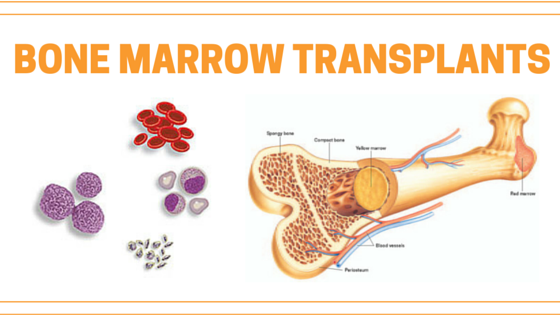Perfect for a career in Health Care:
Health Care is one of the fastest growing careers.
According to most studies of careers and “top careers of the future,” Health Care is one of the fastest growing fields in the United States. There are a few reasons for this conclusion, the first is that people are living longer. In addition, the population is growing. This means more people, living longer lives, all needing health care. Lastly, many of the jobs necessary on Health Care cannot be automated. They need to be administered and assessed by a real person so human resources are needed and the prediction is that they will be needed for many years to come. This is creating a huge demand for professionals across the spectrum of the health care industry.
Serve a vital social need and start a career.
Because of this, your choosing a career in health care is not only smart from a matter of practicality, but also serves a vital social need. These days you do not necessarily need to pursue a clinical role, such as a doctor or nurse, to find a stable niche in health care. There are many ways to help serve patients and the wider community from the perspective of health and wellness. One way is to start your career in health care by pursuing an Associates Degree offered by Mandl School.
You can be working 2 years faster than those getting a 4 year degree.
If you are eager to get started in a health care career but don’t want to spend a lot of time in school, an associate’s degree program can get started in approximately two years. At Mandl, we offer our students internships at numerous hospitals and medical facilities so you are gaining practical experience even before you graduate. An associate’s degree enables you to put a credential on your resume and start working in your field two years before your peers, who chose to pursue a four-year bachelor’s degree.
An associate’s degree in health science is not merely a stepping-stone. It launches a fulfilling career that will serve you for a lifetime. However, if you additional career ambitions, your education can help you continue towards a bachelors degree and your experience will certainly help you continue your career journey.
Health Care careers are some of the most well-paying jobs in the world.
Health care careers embody some of the most gratifying and well-paying jobs in the world, according to such reputable resources as Forbes and Business Insider. Bureau of Labor Statistics predicts strong growth rates and pay-scales for all-cumulatively, healthcare careers have a 19% predicted growth rate (much faster than average) with an average annual salary of about $65,000/yr. Over the next 8-10 years, these statistics represent over 2.3 million jobs.
Contact Mandl School.
For more information about a career in Health Care and Mandl School, contact us at 2121-247-3434 or fill out our contact form and a Mandl Representative will reach out to you ASAP.
 Mandl School
Mandl School





